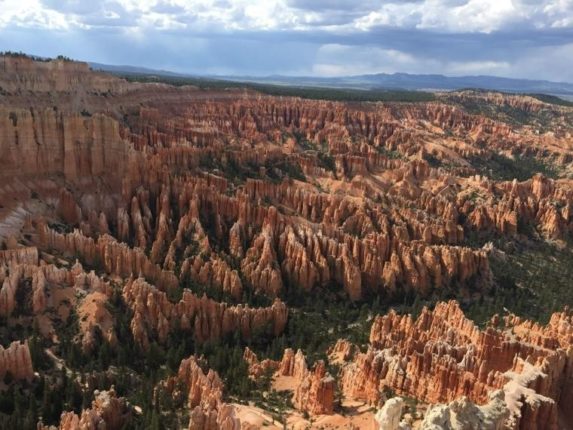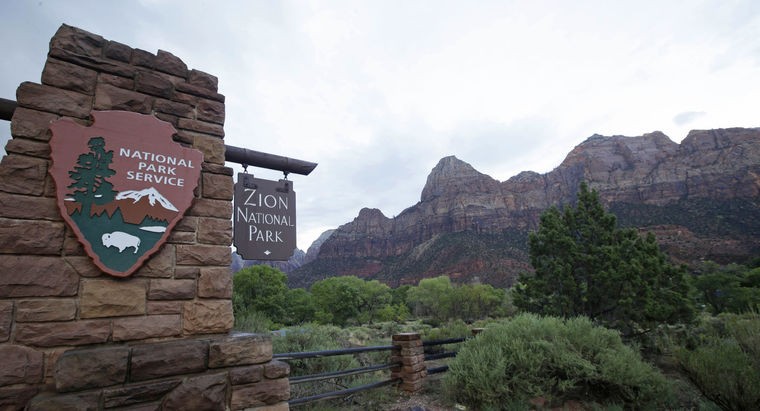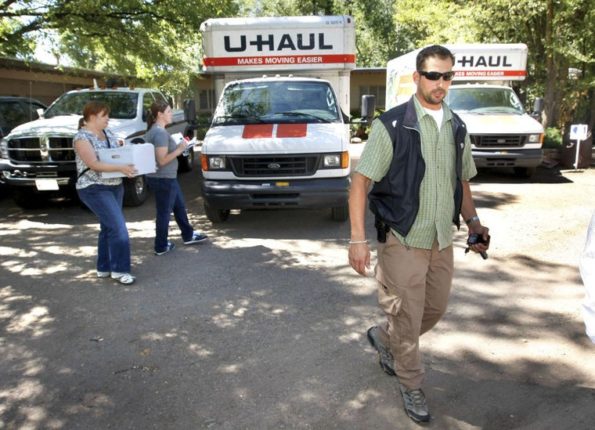SALT LAKE CITY (AP) — Utah authorities are investigating reports of drinking water contaminated by E. coli linked to prairie dogs at an iconic Utah park, but said Tuesday that tests so far show the water is clean.
Bryce Canyon National Park saw 2.5 million visitors last year, and county leaders are alarmed about contamination reports linked to feces from prairie dogs near the well that supplies water to visitor facilities and cabins.
Park officials said contaminated samples came from untreated water. Treated water is safe, they said. State drinking water officials said they’re planning to review the system this week, but so far have seen no evidence of a problem in monthly drinking water tests.
“Bryce Canyon is in full compliance with everything they’ve done,” said Utah Department of Environmental Quality Division of Drinking Water director Marie Owens.
But local leaders aren’t convinced.
“This has been going on for a long time, and we’re not going to put up with that anymore,” said Garfield County Sheriff Danny Perkins.
The county commission passed a resolution Monday calling it an “immediate, direct and significant” public-health threat.
A park employee has shared results of more than a dozen tests over the last several years have shown the presence of E. coli, most recently last year, Perkins said.
It’s a bigger issue in high-water years when more debris enters the water supply, Perkins said. He said the park should get a new well or move the prairie dog colony.
The park constructed a fence last year and is working with the U.S. Fish and Wildlife Service to move the colony next month, National Park Service spokeswoman Vanessa Lacayo said.
The water is safe after being treated by a micro filter and chlorination, she said.
Utah prairie dogs are a threatened species, and federal endangered species protections for them have been a source of frustration for property owners who say the rules go too far and allow them to take over.



